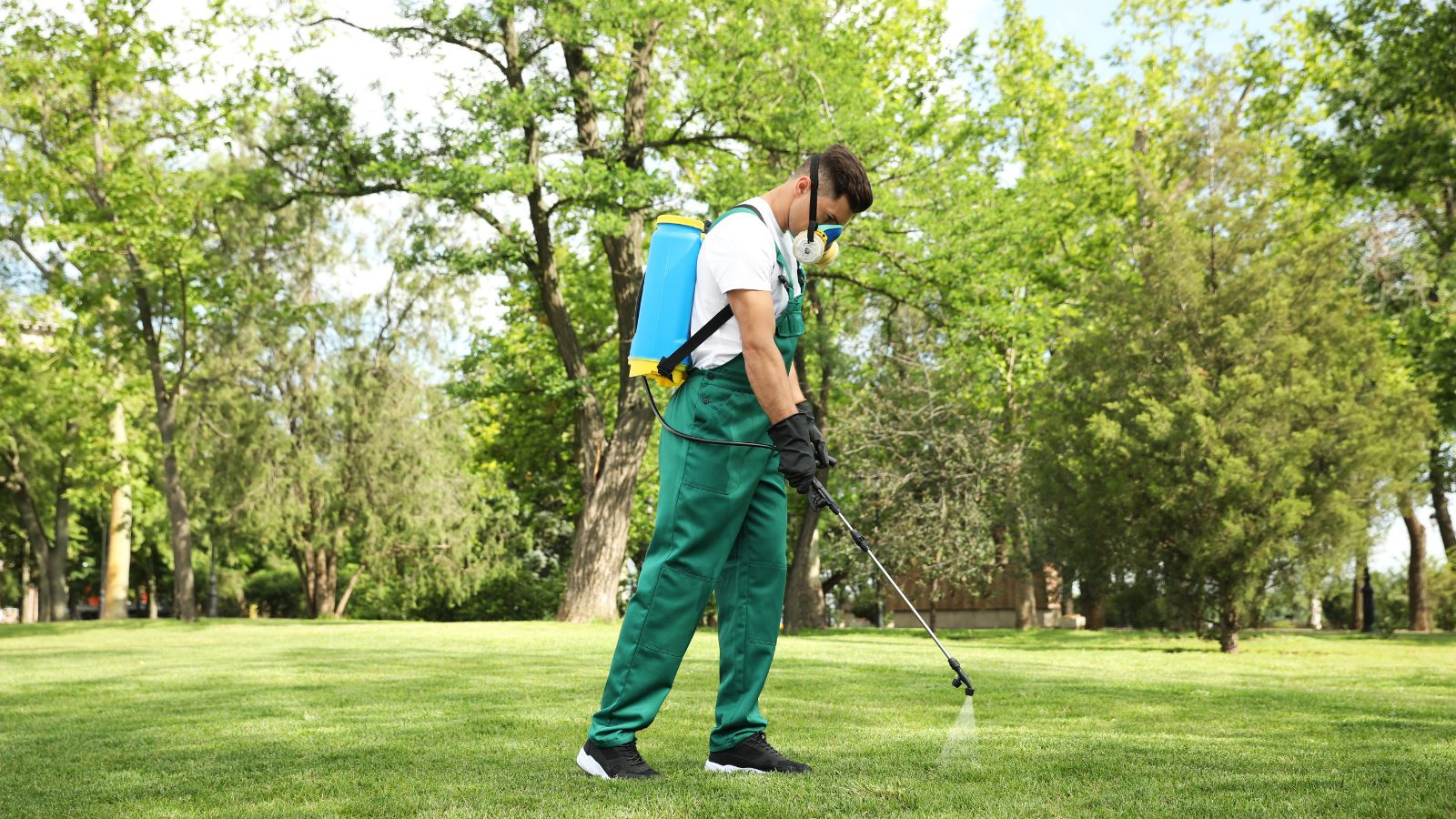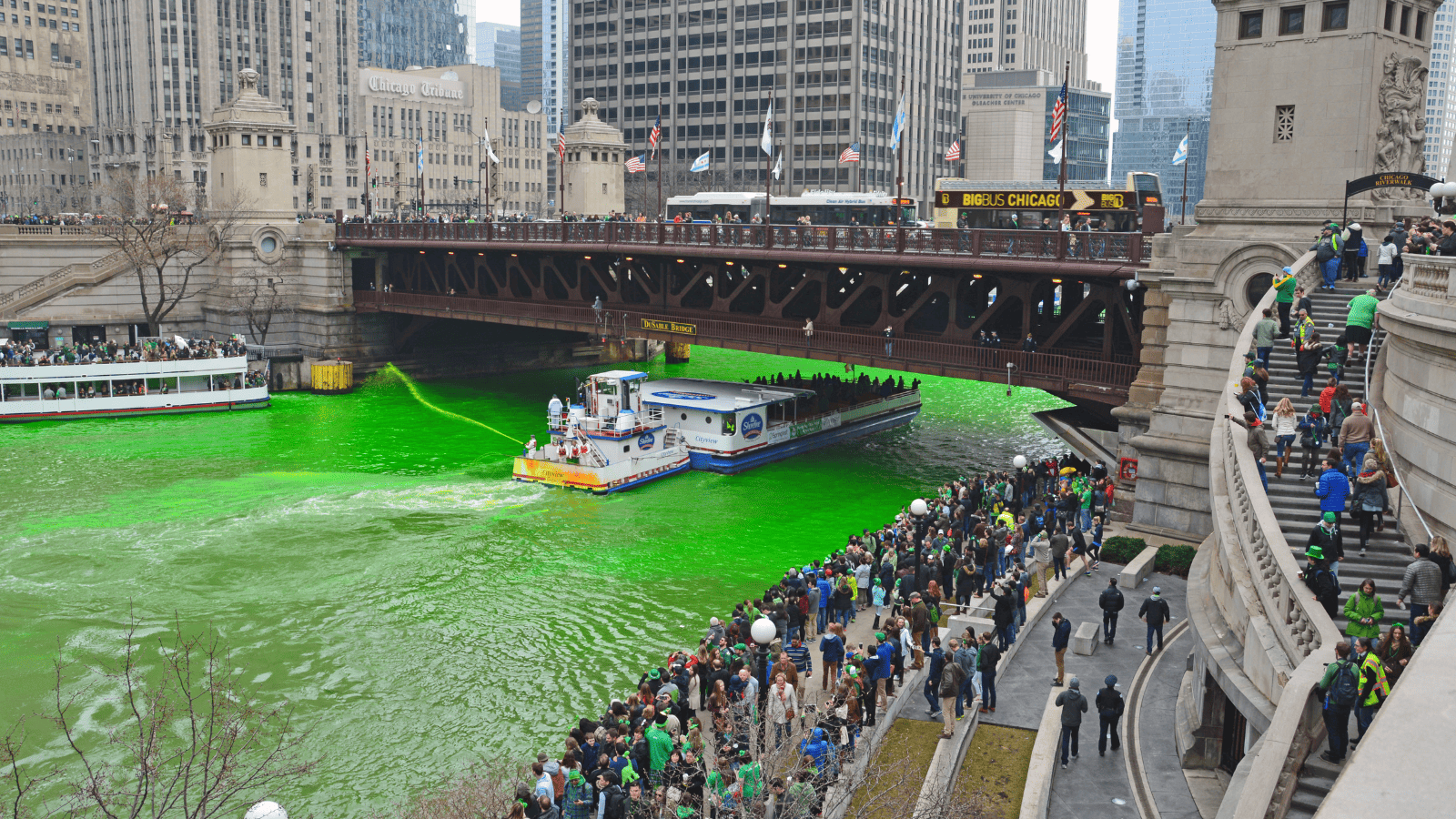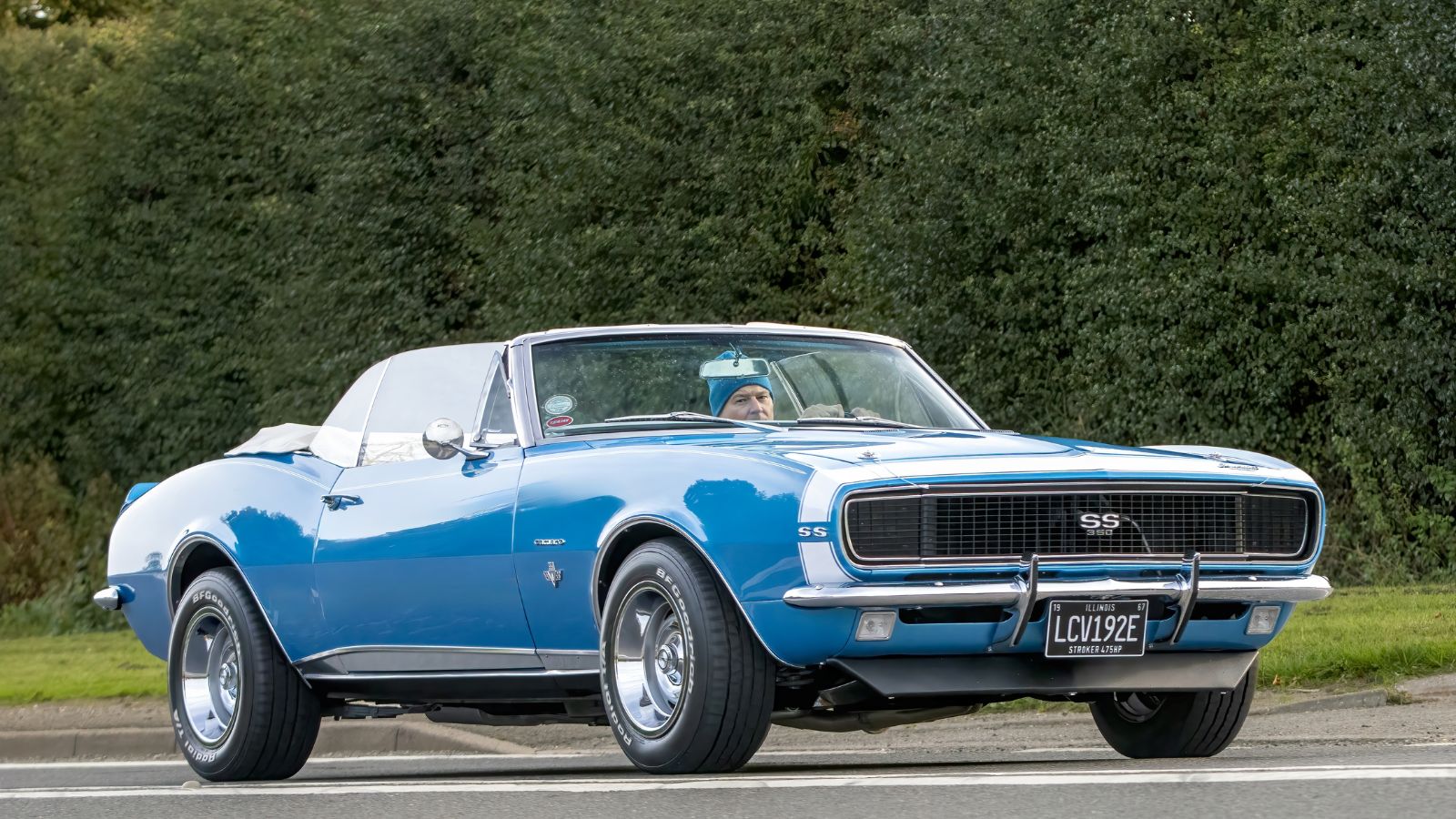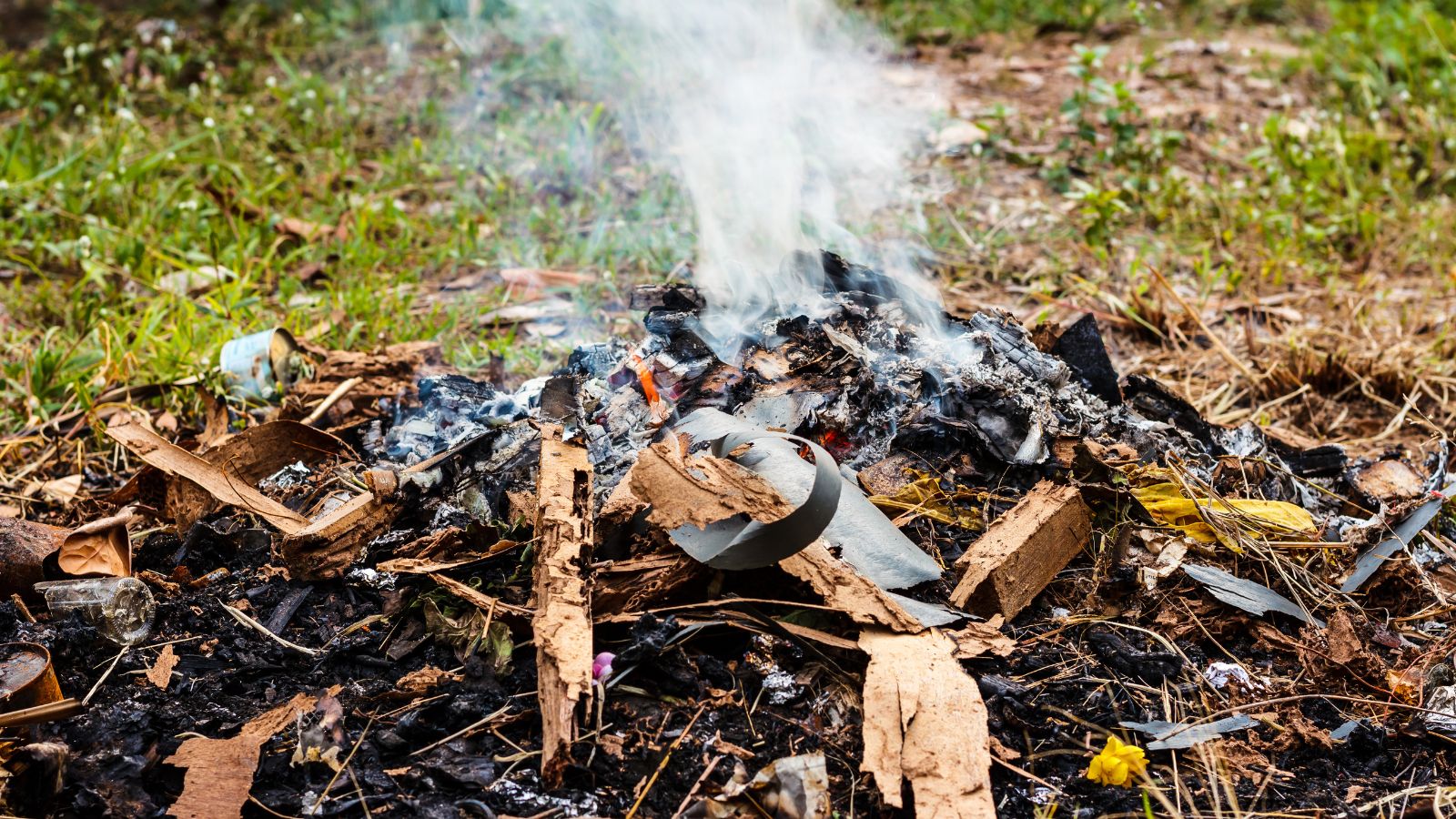The 1970s were a decade of experimentation, self-expression, and cultural shifts, but not all the trends from that era have aged well. What was once widely accepted or celebrated could now land you in hot water due to modern laws, cultural awareness, and changing societal norms.
From questionable fashion choices to outdated behaviors, here are 17 popular ’70s trends that could cause serious trouble if you tried them today.
Hitchhiking

A common way to travel in the ‘70s was hitchhiking, which was seen as adventurous and practical. People stuck out their thumbs on highways, trusting strangers to give them a ride. Today, hitchhiking is discouraged due to safety concerns for both drivers and riders. Many states have laws restricting hitchhiking, especially on interstates, citing risks of accidents and crime.
Driving Without Seat Belts

Many cars didn’t even come equipped with seat belts and even those that were seldom got used. Driving without a seat belt was considered normal, despite the risks. Modern laws now mandate seat belt use in every state (except New Hampshire for adults), and not wearing one can result in hefty fines. Advances in safety awareness have made seat belts a non-negotiable part of driving, turning this old habit into a legal and social taboo.
Smoking Everywhere

You could light up almost anywhere in the ‘70s, from airplanes to offices to restaurants, because smoking was a ubiquitous part of life. Today, stringent anti-smoking laws have banned smoking in most public spaces, citing health risks from secondhand smoke. Attempting to smoke in a no-smoking zone can result in fines and public backlash. This once-common trend is not only unacceptable, but also illegal in many places.
Public Streaking

The ‘70s saw a streaking craze, with people running naked through public spaces or events as a form of fun or protest. It was a shocking but largely lighthearted trend. Today, streaking can lead to charges of public indecency or disorderly conduct.
Modern laws treat nudity in public much more seriously, and what might have been laughed off then could now result in fines, arrest, or a tarnished reputation.
Unregulated Sunbathing

Tanning was all the rage, with people slathering on baby oil and lying in the sun for hours without sunscreen. The health risks of excessive sun exposure weren’t widely understood in the ‘70s, and tanning beds gained popularity.
Today, we know the dangers of UV rays, including skin cancer, and ignoring sun safety can lead to serious health issues. Sunbathing isn’t illegal, but tanning irresponsibly in public can draw criticism.
Drinking While Driving

Laws on drinking and driving were much more lenient in the ’70s, with open containers and casual beers behind the wheel often going unchallenged. Many states didn’t adopt strict blood alcohol content (BAC) limits or enforce DUI laws until much later. Today, driving under the influence is a serious offense, punishable by fines, license suspension, or jail time.
Wearing Real Fur

The fashionable loved real fur in the ‘70s, with coats, hats, and accessories made from animal pelts symbolizing luxury. The rise of animal rights activism has made wearing fur controversial and widely condemned. While not outright illegal in most places, some cities and countries have banned the sale of fur products. Wearing real fur today can lead to protests, public shaming, or even fines.
Unrestrained Pets in Cars

Back in the day, it wasn’t uncommon to see dogs riding in truck beds or unrestrained in the backseat of cars. Pet safety laws were nonexistent, and people didn’t think twice about letting animals roam freely in moving vehicles. These days, many states have laws requiring pets to be restrained for their safety and that of the driver. Allowing your pet to ride unrestrained could result in fines or animal welfare complaints.
Lawn Chemical Overuse

Heavy use of pesticides and herbicides on lawns was common, with little regard for environmental impact. People often over-applied chemicals to achieve the perfect green lawn, unaware of the harm to wildlife and water supplies.
Now, strict regulations govern the use of lawn chemicals, and overuse can lead to fines or penalties. Modern awareness of environmental issues has made this practice a major no-go.
Roller Skating on Streets

When roller skating took off as a huge trend in the ’70s, many enthusiasts took to the streets to show off their skills. However, modern traffic laws now restrict skating on roads in most areas, citing safety concerns for skaters and drivers alike. Skating in unauthorized areas can result in fines or warnings from law enforcement.
While roller skating remains popular, designated paths and rinks are the safer and legal way to enjoy this retro activity today.
Dangerous Toys

Popular ’70s toys like lawn darts and chemistry sets would never pass today’s safety standards. These items often contained sharp edges, toxic materials, or small parts that posed choking hazards. Modern toy safety laws, including mandatory testing and labeling, have banned or heavily regulated such products.
Dyeing Rivers for Celebrations

It was common practice in the ‘70s to dye rivers or public fountains in bright colors to celebrate events or holidays. Back then, the environmental consequences of dumping large amounts of dye into waterways were poorly understood.
While eco-friendly dyes have made limited dyeing events possible, unregulated use is strictly forbidden and could lead to hefty fines.
Building Without Permits

Some areas had more relaxed rules regarding home renovations or building projects, allowing people to construct additions or structures without permits. Today, building codes are strictly enforced to ensure safety and compliance with zoning laws.
Constructing or altering a structure without proper permits can result in fines, demolition orders, or legal action.
Casual Workplace Drinking

It wasn’t unusual for employees to have an alcoholic drink at their desks or enjoy cocktails during lunch breaks. This relaxed approach to alcohol in the workplace has since been replaced by stricter HR policies and zero-tolerance rules. Today, drinking on the job is often grounds for immediate termination, especially in safety-sensitive roles. The shift toward professionalism and workplace safety has made this old trend unacceptable.
Gas-Guzzling Cars

The American love of muscle cars and large, gas-guzzling vehicles was at its height in the ‘70s. Fuel efficiency and environmental impact were rarely considered, as cheap gas made these cars practical at the time. These days, emissions regulations and rising awareness of climate change have made such vehicles socially and legally problematic.
Gender-Specific Job Ads

Job ads in the ‘70s often included phrases like “Man Wanted” or “Women Wanted,” reflecting what would now be seen as discriminatory hiring practices. These ads reinforced gender roles and limited opportunities for women and minorities. Modern anti-discrimination laws have made such practices illegal, and companies can face lawsuits or penalties for violating equal opportunity regulations.
Burning Trash

A common way to dispose of waste in the ‘70s was burning trash in backyards or open pits, especially in rural areas. However, this practice releases harmful pollutants into the air and poses fire hazards. Today, most municipalities have banned open burning, requiring proper waste disposal through recycling or landfill services.
